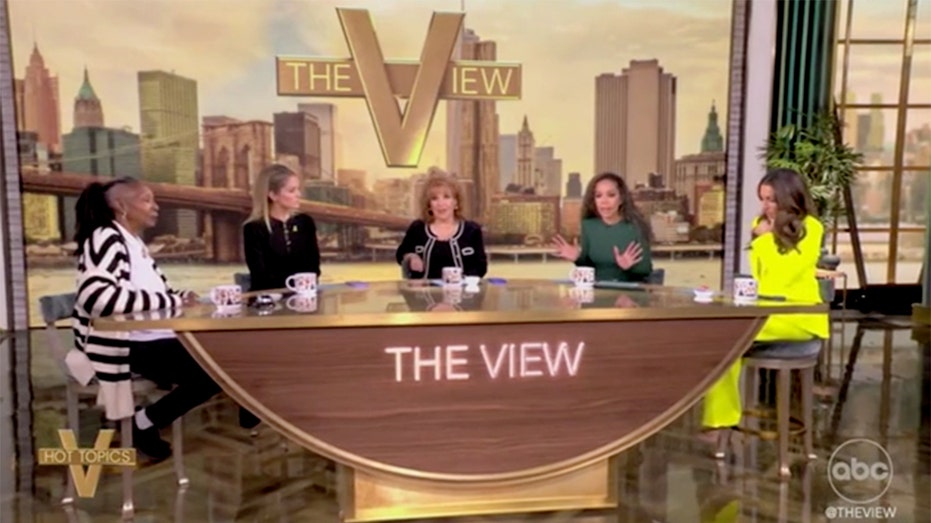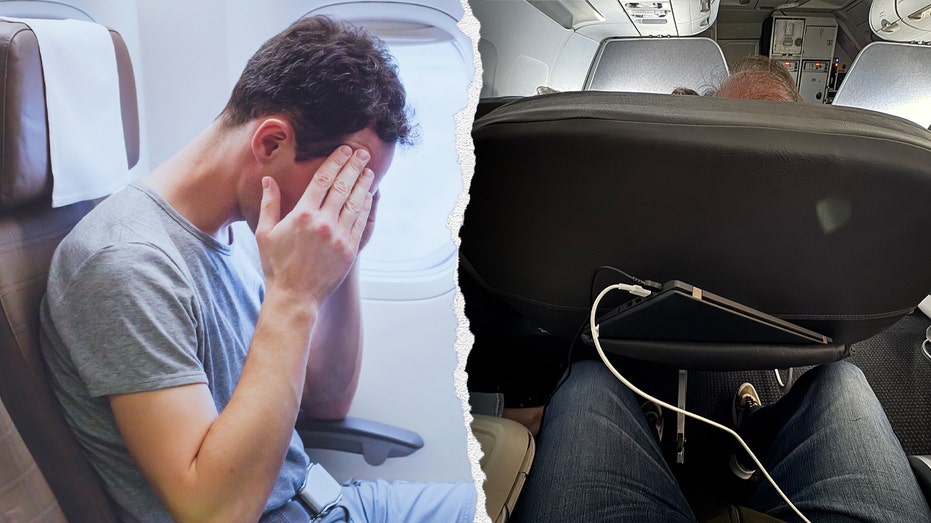- by foxnews
- 15 Nov 2024
Early career essential workers unable to afford house prices anywhere in Sydney and Melbourne
Early career essential workers unable to afford house prices anywhere in Sydney and Melbourne
- by theguardian
- 24 Mar 2023
- in news

There is no longer a single local government area across metropolitan Sydney or Melbourne where houses are affordable for early career essential workers, with a growing number of police commuting huge distances and nurses living in cramped share homes.
Essential workers are being forced to move further away from their inner city jobs due to ballooning rents and housing costs. Experts are warning that longer commutes are exacerbating stress and fatigue in industries where levels of both are already high.
An increasing number of essential workers whose jobs are in inner Sydney are living in the Blue Mountains and even Newcastle, including police, ambulance workers and registered nurses.
While houses in cities are broadly out of reach for essential workers, even apartments are not affordable for most in Sydney. There are no local government areas where the median price for a strata-titled dwelling is affordable to an early-career registered nurse, and just two LGAs where an early career police constable could afford an apartment.
In Melbourne, more than 630 police officers who work in the inner city commute from Geelong and the Mornington Peninsula. More than 530 registered nurses make the same commute.
In Melbourne, affordability gaps are slightly smaller. In Monash, the median price for a strata dwelling is $300,000 above what a nurse could afford.
As a result, the number of essential workers opting to look further afield to rent and buy is increasing, with the number of those living within 15km of the Sydney and Melbourne CBDs declining between the 2011 and 2021 census.
The analysis found that there were more than 36,000 essential workers across greater Sydney and 22,000 in greater Melbourne who lived in overcrowded homes, an increase of about 5,000 and 4,000 respectively since the 2016 census.
In the face of burnout and financial stress, there is a risk that housing access issues for essential workers could pose problems for employee recruitment and retention in industries that have been suffering staff shortages.
- by foxnews
- descember 09, 2016
Airline passenger shares photo of 'reclined' seat debacle: 'Dude is in my lap'
A passenger paid for a first-class ticket on an American Airlines flight, but the seat in front of him trapped him in his chair, which led to the airline posting a public apology on X.
read more


